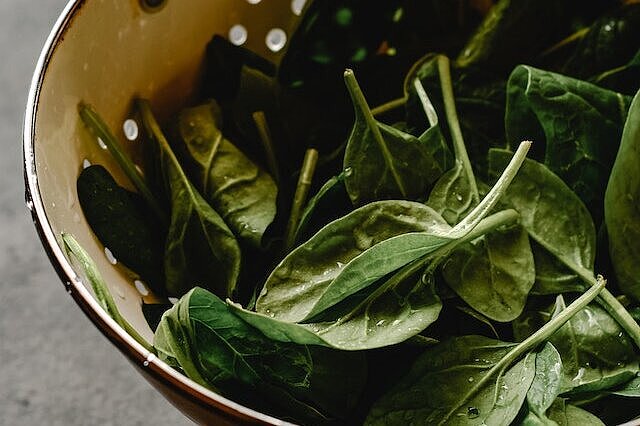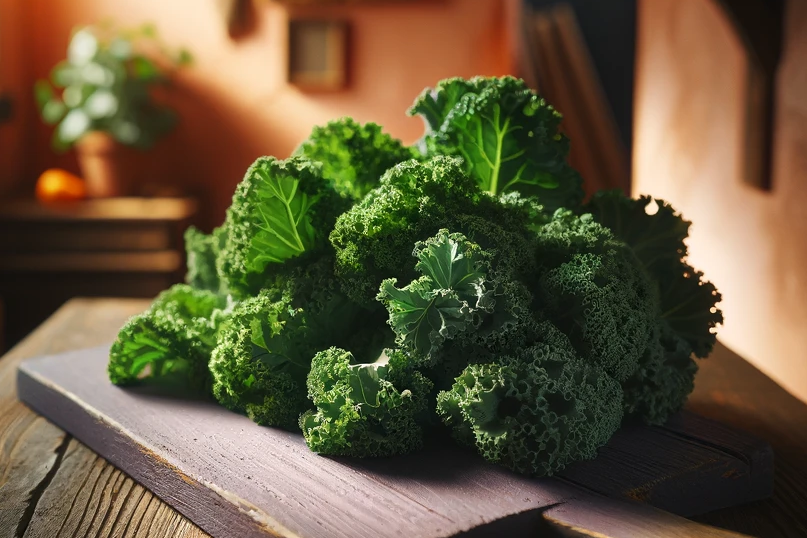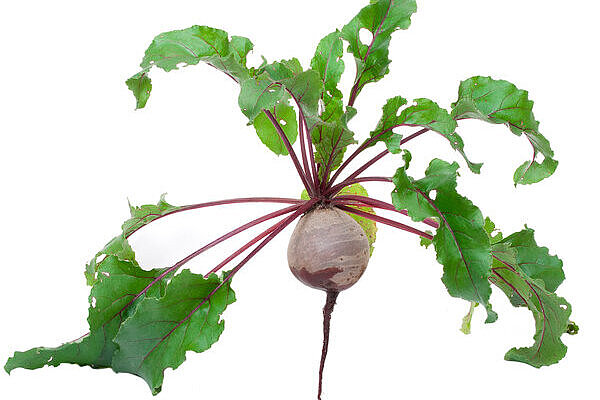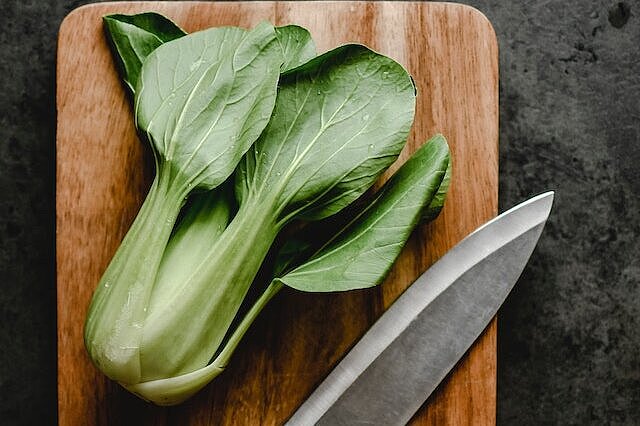Swiss chard
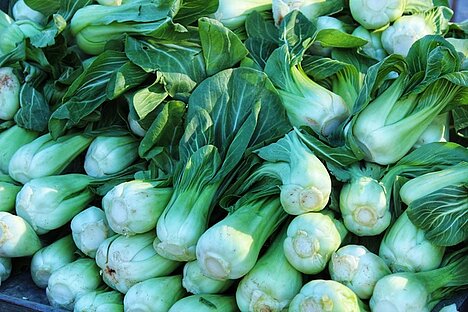
What is Swiss chard?
Swiss chard is a plant that originally comes from the Mediterranean region. It has been used as a food and medicinal plant since ancient times. Swiss chard has large, dark green leaves and thick stems, which can be white, yellow, red or purple, depending on the variety. The leaves and stems can be eaten raw or cooked.
Swiss chard is very healthy as it contains many nutrients such as vitamins A, C, K, B2, B6, E, folic acid, iron, calcium, magnesium, potassium and fiber. It also has antioxidant and anti-inflammatory properties. Swiss chard can strengthen the immune system, aid digestion, support blood formation and protect the bones.
Is chard suitable for dogs?
Swiss chard is generally suitable for dogs as long as it is fed in moderation. Although dogs are carnivores, they can also digest plant-based food. Vegetables can be a good supplement to meat as they provide important vitamins and minerals. Swiss chard can therefore form part of a balanced diet for dogs.
However, there are a few things to bear in mind before giving your dog chard. Firstly, you should always wash the chard well to remove any pesticides or harmful substances. Secondly, you should always chop or puree the chard to make it easier to digest. Raw chard can be difficult to digest and cause flatulence or diarrhea.
You should also only ever feed chard in small quantities. Too much chard can lead to an overdose of vitamin K, which affects blood clotting. This can be particularly problematic for dogs with blood clotting disorders or who are taking medication. You should therefore always consult your vet before giving your dog Swiss chard.
Swiss chard is a healthy vegetable for dogs that has many benefits. It can strengthen the immune system, aid digestion, support blood formation and protect the bones. However, you should only ever feed chard in small quantities and prepare it well.
If you notice any signs of hypersensitivity or poisoning in your dog, you should see your vet immediately. We are not a substitute for a vet, but we try to be as accurate as possible. Every dog reacts differently and we recommend you get a second opinion or consult your vet if in doubt.
Stay healthy and take good care of your four-legged friend!😊
Similar to Swiss chard
Spinach is a plant from the goosefoot family that originally comes from Asia. It has been cultivated and eaten as a vegetable for centuries. Spinach has large, dark green leaves that are rich in...
Kale belongs to the cruciferous family and is closely related to broccoli, cauliflower and kohlrabi. It has large, curly leaves that can be green or purple, depending on the variety. Kale is mainly...
Beet fiber is a by-product of sugar production from sugar beet. The sugar beet is crushed, boiled and pressed to extract the sugar. The remaining fibers are called beet fibers. They are almost free...
Pak choi has several health benefits for dogs that you can take advantage of. For one, pak choi is rich in vitamins, minerals and antioxidants that can strengthen the immune system, protect cells...
